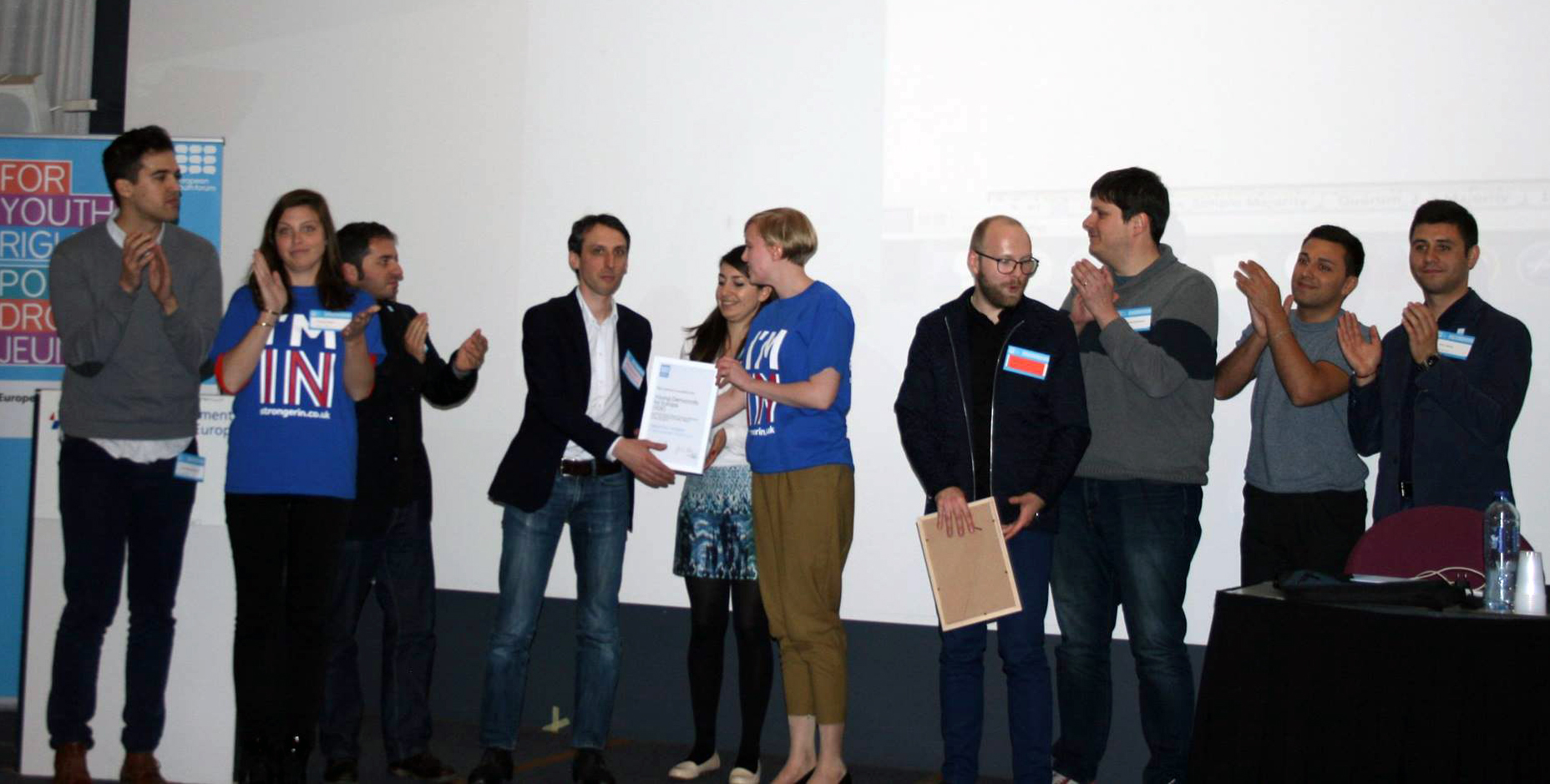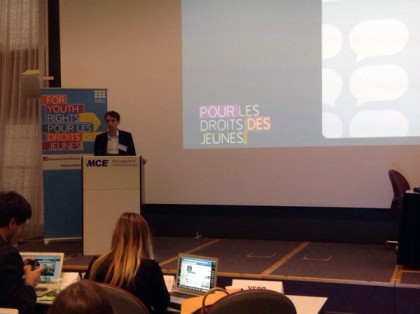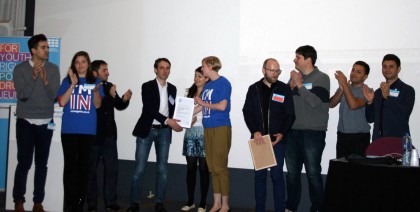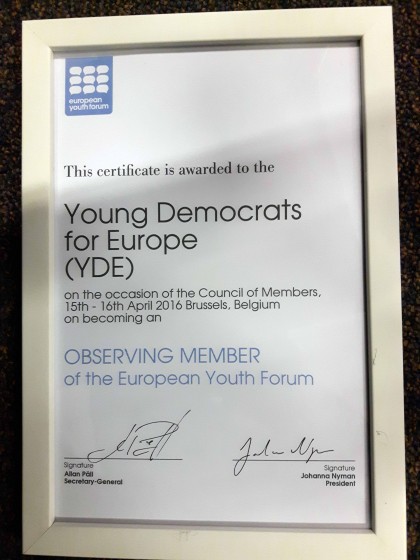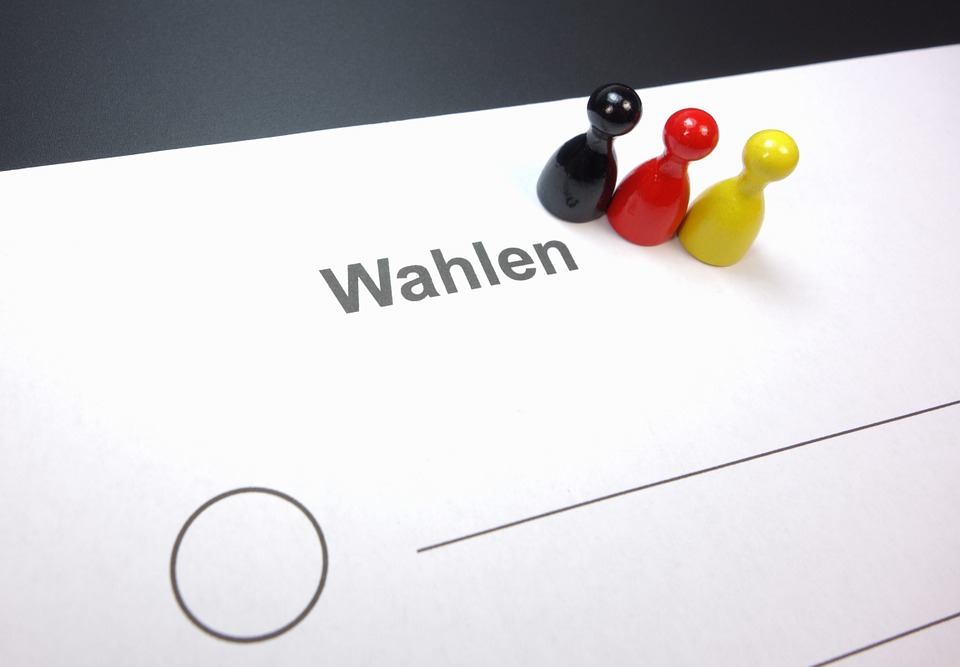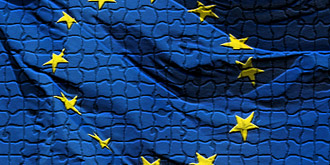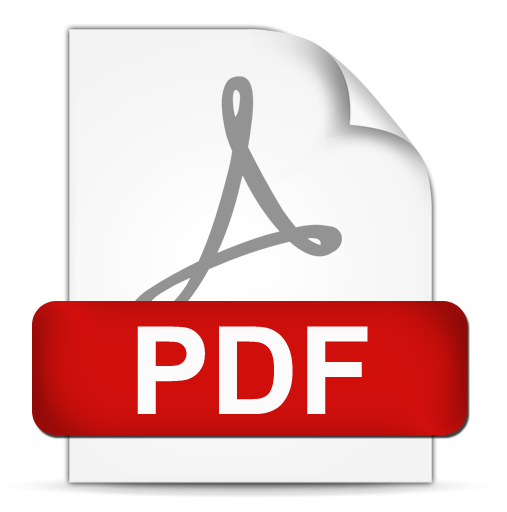Landtagswahlen in Deutschland: Die rechtspopulistische AfD zieht in drei Parlamente ein
In den vergangenen Wochen wurden die US-Amerikaner von Deutschen häufig belächelt und als dumm dargestellt. „Wie kann man jemanden wie Donald Trump nur wählen?“, fragen sich viele. Und man kann es ihnen nicht verübeln. Der Präsidentschaftskandidat der Republikaner will Muslimen die Einreise in die USA verbieten, er will einen mit einer Mauer die Grenze zu Mexiko abriegeln und sagt über sich selbst „Der beste Präsident, den Gott je erschaffen hat“. Über seine Aussagen und Forderungen schütteln wir nur den Kopf, ebenso über das Wahlverhalten der Amerikaner. Und dabei sah es bei den Landtagswahlen am 13. März bei uns in Deutschland nicht viel besser aus.
24,2 Prozent erhielt die rechtspopulistische Alternative für Deutschland (AfD) in Sachsen-Anhalt aus dem Stand. Dieses Ergebnis ist erschreckend und gefährlich. In Baden-Württemberg (15,1 Prozent) und Rheinland-Pfalz (12,6 Prozent) sieht es nur mäßig besser aus. Nach diesem Super-Wahlsonntag ändert sich die politische Landkarte Deutschlands. Eine Partei, die auf Flüchtlinge schießen lassen, die EU auflösen, Sozialleistungen abschaffen und Muslimen ihre Glaubensausübung verwehren will, ist jetzt in acht von 16 Bundesländern im Parlament vertreten. „Die AfD bekennt sich zur traditionellen Familie als Leitbild“ und lehnt staatliche Kindergärten ab. Der Mann soll arbeiten, die Frau hinter den Herd und die Kinder erziehen. Jede Stimme für die Rechtspopulisten ist eine Rolle rückwärts um 100 Jahre.
UKIP in Großbritannien, der Front National in Frankreich – und nun die AfD in Deutschland. Die Erfolge verdanken die Parteien vor allem der Flüchtlingskrise. Hunderttausende Menschen fliehen aus ihrer Heimat vor dem Krieg, fliehen nach Europa, nach Deutschland. Das nutzt die AfD aus, macht mit Parolen Stimmung, hetzt, schreckt vor nichts zurück. Und erhält Stimmen, erschreckend viele Stimmen. Die Wähler der AfD kommen von den etablierten Parteien, doch hauptsächlich Nichtwähler geben bei diesen Landtagswahlen den Rechtspopulisten ihre Stimme. Dabei geben drei von vier Wählern an, die AfD nicht wegen ihres Wahlprogramms gewählt zu haben, sondern ausschließlich, um den regierenden Parteien einen Denkzettel zu verpassen.
Schon einmal in der deutschen Geschichte hat eine rechte Partei in so kurzer Zeit so große Erfolge verbucht. Es ist wohl nicht nur im Sinne Deutschlands, sondern ganz Europas, dass sich dies nicht noch einmal wiederholt. Die etablierten Parteien der politischen Mitte müssen die Bürger wieder ernst nehmen, ihre Forderungen, Sorgen und Ängste. Sie dürfen den Bürgern keinen Grund mehr geben, eine rechtspopulistische Partei nur des Denkzettels wegen zu wählen. Nur dadurch können unsere demokratischen und pro-europäischen Werte aufrecht erhalten. Denn die AfD ist eine mit Sicherheit nicht: eine Alternative.
Bettina Schwarz (@betti_schwarz)
Photo: Túrelio

